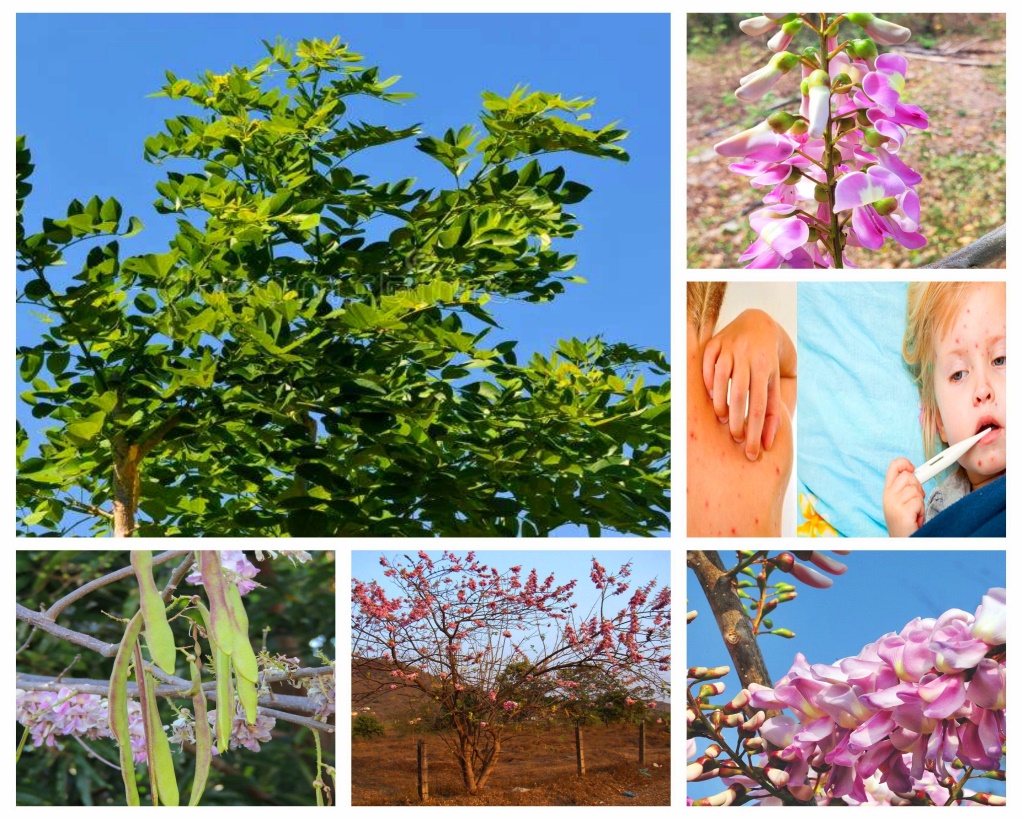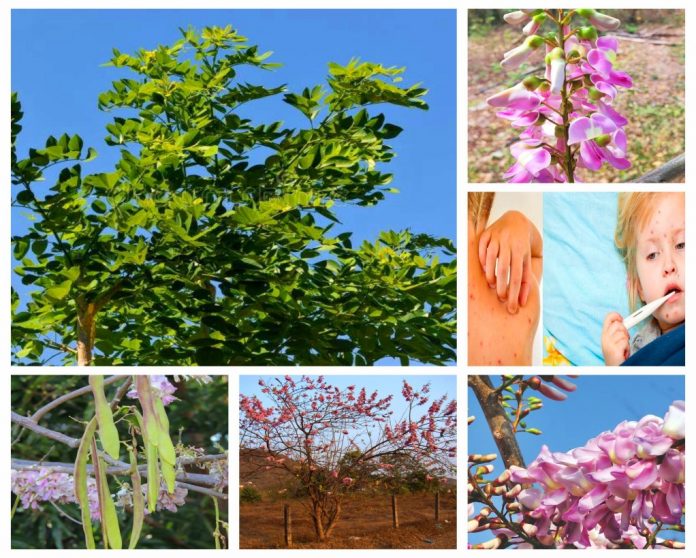Booking a magical glimpse inside Etnia Nativa
Article by Etnia Nativa call us 592 2702 and book your experience!
Etnia Nativa is where you can connect with the mystical aspects of Aruba, its culture, and its traditional heritage. A platform that encourages visiting participants to interact with the unique Aruban cultural environment.
During this episode, we will share valuable information about a plant known locally as *Ratonero, or mouser if you literary translate it into English. It is classified under the name Gliricidia sempium, and it is highly appreciated by our native as well as local Arubans for its *curative powers, especially when small children contract smallpox or measles, since it has been proven that the crude extract of its leaves has antifungal activity when applied directly to the affected areas of the skin, in addition to expectorant, sedative, and suppurative effects by relieving the process of pus formation or suppuration.

Its generic name, Gliricidia, refers to “mouse killer” in reference to the traditional use of the toxic seeds and bark of Gliricidia sepium as rodenticides. The leaves, seeds, or powdered bark are toxic to humans. When mixed with cooked rice or maize and then fermented, they are used to poison rats, mice, and other rodents. It can be applied as a general pesticide.
Gliricidia sepium is a tree native to the tropical forests of Mexico and Central America and cultivated in many tropical and subtropical regions, including the Caribbean. This tree can measure up to 15 m in height, has a medium crown, and can have a single stem or several stems. It is a tree with deep roots, and the color of its bark is grayish brown. Its rapid growth and spread make it a suitable tree to delimit spaces and fence them. In tropical areas, it is widely grown as shade for perennial crops such as tea, coffee, or cocoa. It is also used as a nurse tree for shade-loving species. Attributes that contribute to its value as a shade tree include its fine, feathery foliage that provides light shade and the ability to withstand repeated pruning, provoking a vigorous resprouting.
The relationship between the flowering of Gliricidia sepium and the beginning of the rainy season in subtropical areas presents it as a promising species. Its flowers are hermaphrodites, very attractive to bees, although, depending on the weather conditions, they have a very short duration—between 24 and 48 hours. They are arranged in strikingly short inflorescences, curved upwards to stand upright, which are usually pink. Its pods, whose maturation ranges between 30 and 60 days, are very compressed and pale green or reddish pink in color when they are not ripe. When they mature, they dehiscent explosively, facilitating rapid establishment and significantly influencing seed dispersion, the direction of the seed, and wind, in addition to a possible secondary dispersion caused by rain.
In some areas of Colombia and Indonesia, where it has been introduced, they usually eat its flowers by frying them and use its leaves, which are rich in proteins, as a dietary supplement for livestock during the dry season. This has been proven to significantly improve milk and meat production.
Because it is a hard wood with a thick texture and is resistant to termites, it is used in the manufacture of furniture, posts, and various construction applications, being at the same time very good for the production of firewood and charcoal.
Gliricidia cepium is a tree capable of improving soil conditions through the organic waste that fertilizes it. It also improves soil aeration by reducing soil temperature. It is a drought-resistant species and valuable for conserving water because, in the dry season, it loses most of its leaves, thus reducing water loss through transpiration.
If you want to explore Aruba’s deep heritage, Etnia Nativa is a place to connect. A private residence is a house that integrates natural and reused materials and is full of art, culture, and island heritage. Each visitor is guided through an authentic encounter with the owner-builder and cultural native expert. Book a magical look inside Etnia Nativa: WhatsApp +297 592 2702 etnianativa03@gmail.com




















